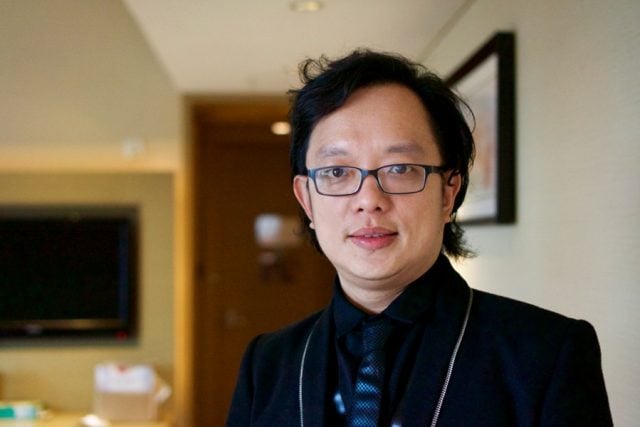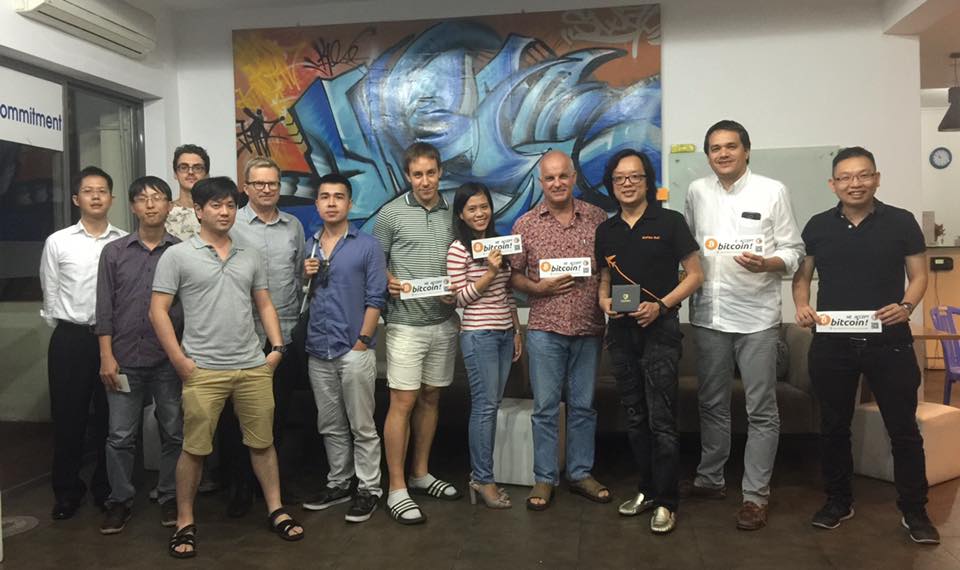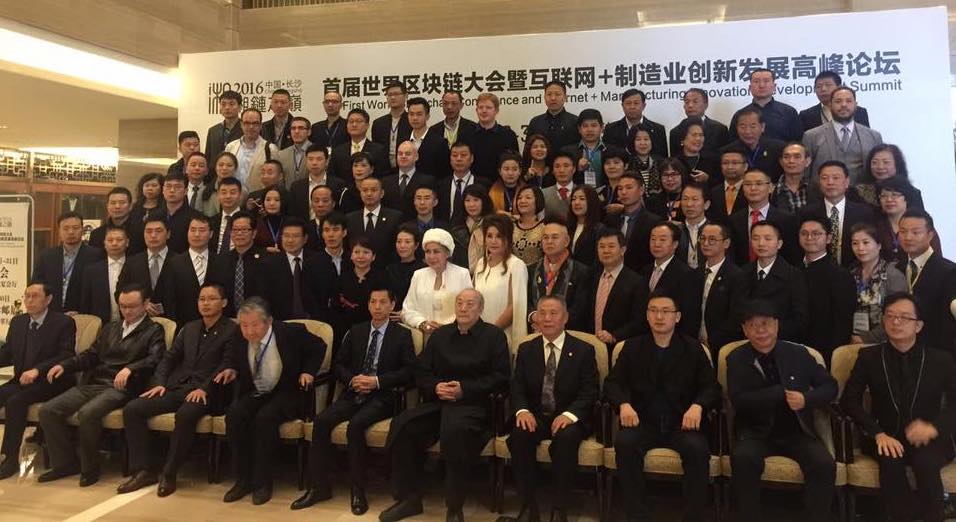
By Jon Southurst,
China observers have noticed a pivot in the national government’s approach to blockchain technology and even Bitcoin recently. But where did this come from? Asia’s Bitcoin ambassador Willson Lee has revealed some behind-the-scenes machinations could be driving change.
People Need to Understand Bitcoin, and New Technology Needs a Human Face
Lee’s Bitcoin evangelism has made him a celebrity in China, with regular event appearances and media interviews. His traveling two-hour presentation, “Bitcoinomics,” across north and south-east Asia introduces newcomers to digital currency. Next, he’s taking the show to Brazil.
His material comes from personal research and his “Bitcoin World Tour,” where he traveled to over 15 countries starting in 2014. Lee is also making a documentary about his experiences called “The Man From Bitcoin.”
Notably, the Malaysia native’s presentation style is what Chinese call “nong min” — “in farmers’ terms,” or in a casual manner easy for the layperson to understand.
People fear what they don’t understand, Lee said. They need to understand Bitcoin easily before they’ll accept or even use it.
To an extent, Lee personifies Bitcoin in the mainstream Asian media. Lee said he does it absolutely to promote Bitcoin and blockchain technology, but the local culture demands a well-known identity to promote them.
“The Asian mentality looks more towards an idol, or figure,” Lee said. “People want to follow the person, not the technology itself.”

How This Turned Into Chinese Government Endorsement
Executives often hire Lee to present at corporate events, and he regularly packs out ballrooms and conference halls. At one such event in Changsha, Hunan Province, a member of China’s Ministry of Industry and Information Technology (MIIT) was in the audience.
The representative told him MIIT planned to look more closely at blockchain technology, and had already set up a committee to begin research. All it needed was a catalyst to make a big noise and get everyone talking. So Lee formed the World Blockchain Foundation, a not-for-profit organization to promote blockchain technology, and planned a conference with high-profile guests on the invite list.
For its first stage MIIT, via its research committees, published the Blockchain Technology and Application Development white paper on 18th October. That began to create some buzz, but it needed to grab attention from the Chinese political echelon.
So then came the conference, a more glamorous event (by usual crypto conference standards) designed mainly to announce China’s intent to become involved in blockchain technology development. The event took place on 30-31st October, also in Changsha.
Need to Announce China’s Blockchain Arrival Publicly
Any new policy direction in China, even those backed by senior government bureaucrats, first requires endorsement from the ruling Communist Party of China (CPC).
Looking at the guest list, the conference was the highest-level blockchain-related event in China to date. Several high-profile Party, administrative, plus banking and insurance company leaders attended.
The first day saw Li Meng, Vice Chairman of the National Government, join proceedings. The second brought Li Wu Wei, Vice Chairman of the CPC’s National Political Bureau. Both joined in photoshoots with conference presenters and sponsors.

Lee spoke on both days of the conference, regularly referring to Bitcoin. While some presenters spoke about China’s technological leadership role, others called for permissive regulation to allow Bitcoin and blockchain to flourish there. A group of international guests expressed hope that China could nurture the technology and take a leadership role.
Tencent, maker of various online services including China’s popular WeChat platform, announced it is developing a “cloud blockchain” platform. It is particularly interested in applying smart contract technology.
Anecdotal feedback suggested the invitees responded positively to the speeches.
World Blockchain Foundation’s Ongoing Role
Now the conference is over, MIIT and Lee’s World Blockchain Foundation (WBF) must start the serious work of facilitating actual Chinese leadership in the blockchain industry.
WBF will perform education and training and blockchain technology R&D. It also plans to establish some industrial standards for blockchain and will perform consultative services for both corporate and government clients.
WBF will also have various advisory boards — legal, technological, business and economic. And of course, it will continue to liaise with government departments and political officials wherever possible.
From initial skepticism and mistrust in 2013 to 2016’s tacit endorsements, China has come a long way towards discovering blockchain’s benefits. Not only that, but it’s not marginalizing Bitcoin — there’s definitely a place for financial technologies at the table.
This is thanks to the the open minds at MIIT, and Lee’s promotional work.
China realizes now that blockchain technology is a wide and beneficial field, said Lee. It’s not a clever investment product designed to swindle investors out of their savings, as the government once feared. Instead, as some conference presenters mentioned, blockchain hardware and software applications could drive China’s economy into the future.
